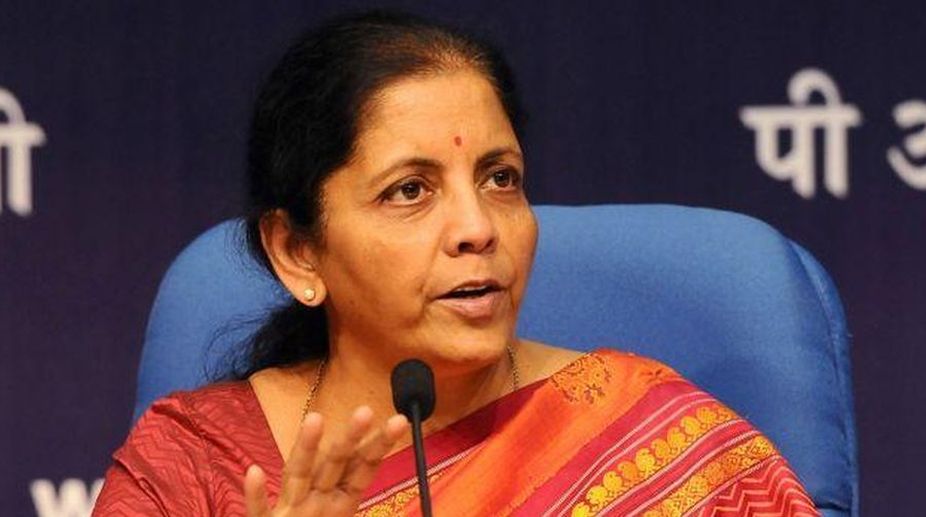Calculatedly vague before a fawning audience was Mrs. Nirmala Sitharaman on Monday when promising the FICCI ladies organisation at a function focused on gender parity that the armed services would be opening up more avenues to women in its officer cadres.
There can be no disputing the nobility of her intentions ~ as the nation’s first full-time defence minister little else could be expected of her ~ yet it would have been reassuring had she hinted at a few timelines, and been a little more specific about the branches where women would be granted the permanent commissions they desire.
Advertisement
An official’s explanation that details would follow judicial determination of the cases pending in various courts suggests the issue is still hanging fire… varying positions have been taken in those cases. As always, the devil lies in the details and the minister would have done well had she gone beyond talking of working towards a “synchronised position” and saying that government was “seriously considering inducting women” into the combat arms.
Has she been affected by official jargon? A promise of that nature had been made by the Supreme Commander in 2016, some progress has indeed been registered but it was apparent that the horizons were still limited when a senior official spoke of “looking to meet aspirations by creating a specialised cadre that will include image interpretation, cyber cell, information technology cell, language specialisation and air traffic control”.
That would suggest there are still miles to go before attaining the minister’s promise that “for every frontier touched or broken by women that frontier should be sustained with more and more women.”
Alas, she has too much on her plate to promote the gender parity she spoke about. Such lofty goals are not attained by speech-making that has reporters’ pens scribbling at high speed; managing defence affairs is more demanding than other assignments where talk suffices.
Only when permanent commissions ensure that women take their place in the “brass” will the doors open wide. Regretfully, women are still not taken seriously enough to be deemed integral to the chain of command or operational system.
A high-degree of tokenism persists. An allied factor is that there is still no dearth of men wanting to join the forces ~ the need for women has not been felt. Certainly not enough to pressure the military leadership into administrative changes to accommodate women in the system ~ separate toilets on warships being the least of them ~ and getting the jawans accustomed to taking orders from women officers.
And why limit women to the officer cadres, they have a role to play on the frontline too. To expect Mrs Sitharaman to usher in a mindset-revolution is unfair: so too is any projection that gender parity in the Indian armed forces is just a couple of speeches away.









